Holistic professional development in nursing simulation thrives through active engagement in formal and informal opportunities. In this article, we celebrate the journeys of nurse leaders Eliana Escudero Zúñiga and Amanda Wilford, who have shaped healthcare simulation over two decades. Their advice highlights networking, mentoring, and involvement in global simulation organizations.
Exclusive partnership with

Holistic professional development involves a balance of formal programs and informal opportunities at conferences, through committee meetings, and by engaging the simulation community. The International Nursing Association for Clinical Simulation and Learning (INACSL) celebrates nurse leaders like Eliana Escudero Zúñiga, RN, MSN, MEd and Amanda Wilford, MA, Dip ANC, RN(hons), SFHEA, EdD(c) who have elevated nursing through their 20+ years of healthcare simulation contributions. In this article, we highlight their professional development journeys, careers spanning academics, clinical, and industry, and ask their advice for nurse simulationists.
Both nurse leaders agree that professional development requires networking, participation in an organization, and informal mentoring that comes through committee service. Involvement in a simulation professional organization is more than one-time conference attendance. “Networking and advice from colleagues have been transforming, both professionally and personally,” Mandy suggested. As an example of getting involved at a deeper level, Eliana encourages nurse simulationists to contribute to enduring initiatives; she’s facilitated translation of the Healthcare Simulation Dictionary, Healthcare Simulationist Code of Ethics, and Healthcare Simulation Standards of Best PracticeTM into Spanish and in doing so served both the Society for Simulation in Healthcare and INACSL.
Mandy (from the UK) and Eliana (from Chile) acknowledge it is difficult to participate in live professional development with time zone differences. Ideally, simulation organizations will record webinars and committee meetings so their audience can watch at a more convenient time; however, recordings do limit interactivity with the group. Eliana encourages nursing simulationists to attend meetings synchronously and in person if budgets are favorable, particularly because attendance promotes intercultural understanding and linguistic diversity. Further, Mandy encourages nursing simulationists to take advantage of professional development online. She adds, “INACSL is my ‘go to’ organization as the website and membership offers a range of professional growth activities for novice and experienced simulationists globally.”
Professional development continues after you’ve met initial goals and achieved a level of expertise. Mandy and Eliana encourage nurse simulationists to give back through mentoring the simulation community. “There have been so many ways that I have been supported and learned with and from others by volunteering with the Society in Europe for Simulation Applied to Medicine (SESAM) for a few years and now with INACSL,” Mandy highlights. She gave an example of her continued development that comes from facilitating the INACSL Simulation Education Program, “I believe I gain as much as the groups I support, because their reflections make me consider my own practice. I am keen to give back, and the areas that I am particularly passionate about are simulation design and facilitation strategies.” Eliana echoed the sentiment and added, “Along the journey as a simulationist, I’ve forged lifelong friendships, sharing moments with colleagues and their families, and I have known incredible places. Simulation has truly enriched my life in ways that go far beyond what you would think.”
Eliana and Mandy have created and advised graduate simulation programs and facilitated simulation professional development as advisors and through working in industry. From relationships that unfolded over time, they have developed skills, facilitation strategies, and innovation that applies across simulation pedagogy. Simulation thought leaders have become trusted colleagues. Eliana advises nurse simulationists to “Work with leaders who demonstrate that they are following the Healthcare Simulation Standards of Best PracticeTM” and courageously reach out when a simulationist shares something of interest to both strengthen your professional relationships and increase the quality of simulation you facilitate.
Simulationists are great at sharing widely. To enrich your professional development, consider setting up a daily online search to deliver an email summary using keywords “healthcare simulation,” signing up for monthly table of contents alerts from simulation journals, and using open resources like YouTube to amplify professional development in your simulation center. Seek out what’s going on in the world, generate new ideas for yourself, and recognize the simulationists who contribute to your professional development.
INACSL launched an International Community of Practice this year with the goal to promote professional development and be flexible so international communities could identify their own goals and work together toward a mutual interest of raising the quality of nursing simulation globally. The INACSL Community of Practice is a great way to set short term goals, operationalize the Healthcare Simulation Standards of Best PracticeTM, and learn about nursing simulation delivered in hospitals, academic contexts, and beyond.
READ ALSO




































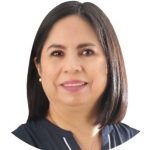

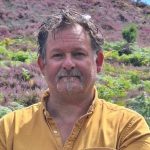
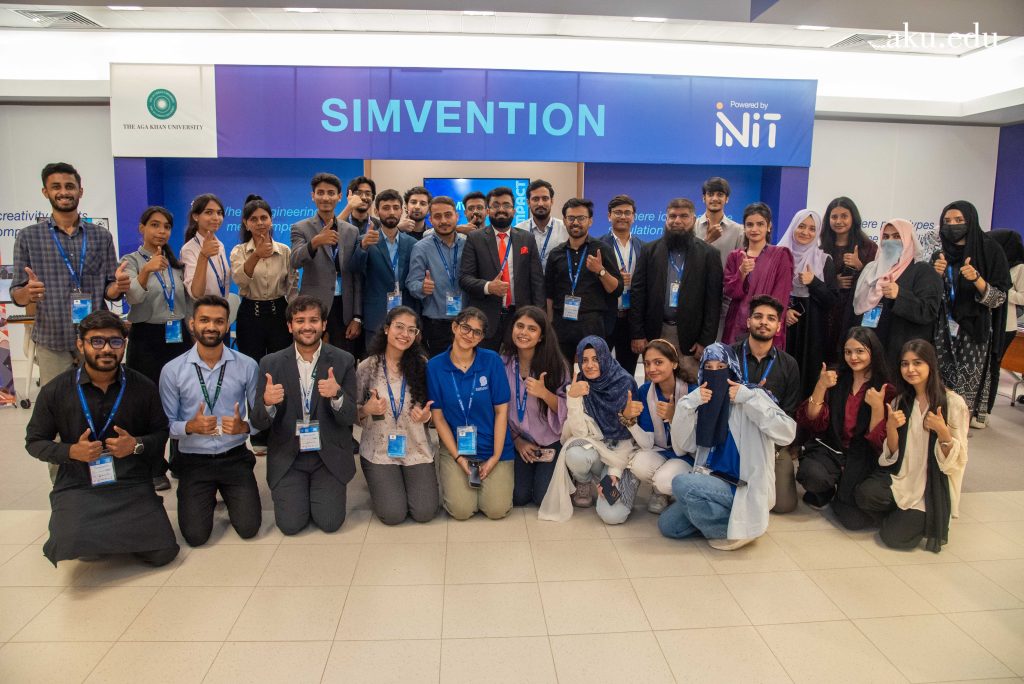

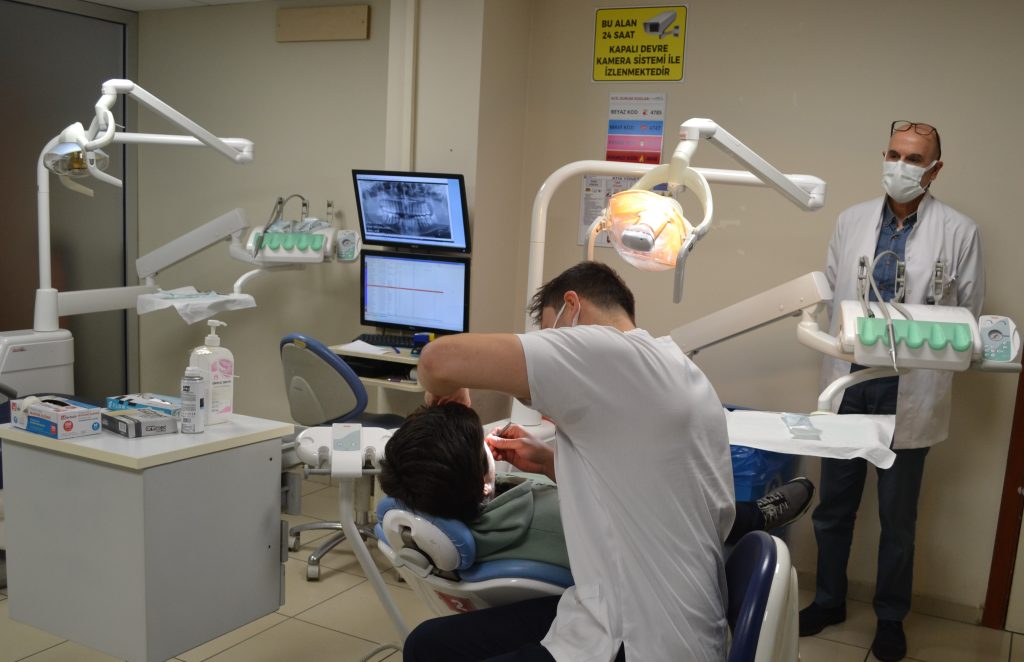
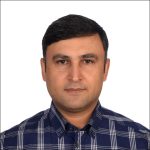




1 comment on “Networking enriches holistic professional development for nurse simulationists internationally”
Dear Ashley, Dear Kim, thank you so much for highlighting Mandy’s and Eliana’s contributions. Eliana’s “intercultural understanding and linguistic diversity” and Mandy’s “I believe I gain as much as the groups I support” (on mentorship) resonate with my own activities in simulation. I can confirm that Communities of Practice work (ours is the SESAM Technology and Innovation CoP). So many problems to solve in healthcare education! Keep the good work coming. Willem van Meurs, U. Porto